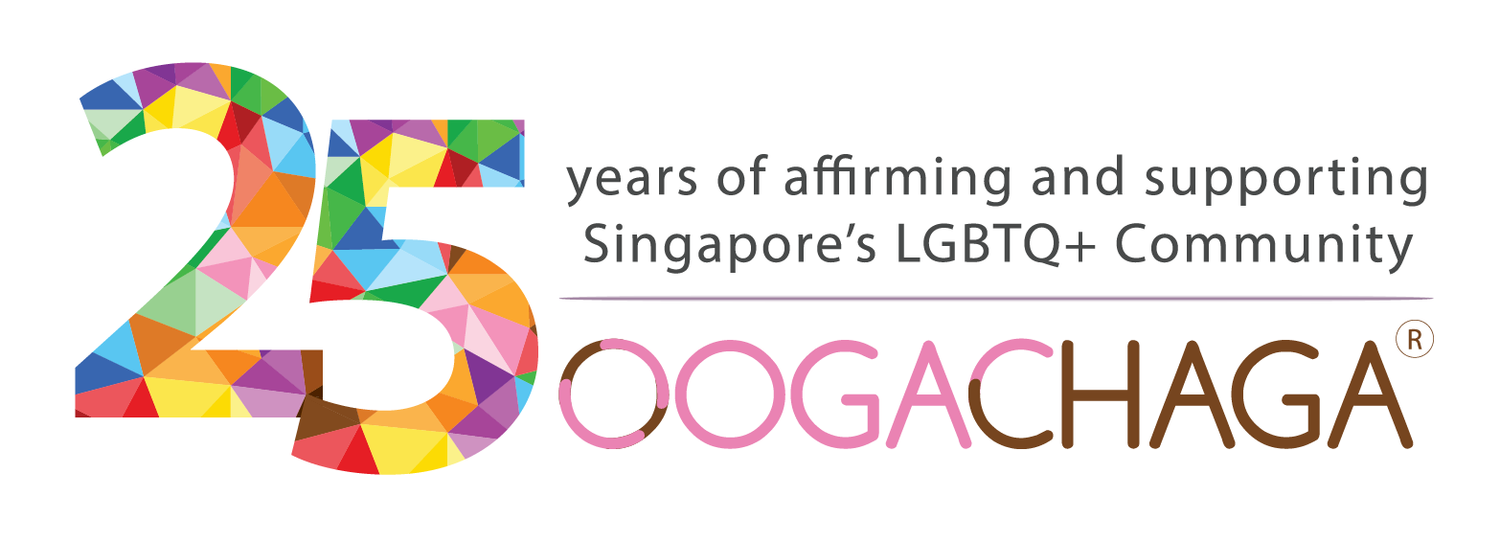Our office is currently located on Pagoda Street, one of the oldest named streets in Singapore, in the historic conservation area known as Chinatown to the colonial British, 牛车水 to the Chinese, Kreta Ayer to the Malays, and சைனா டவுன் to the Tamils.
The street acquired its name from the pagoda (or gopuram in Tamil) built over the main gate of the Sri Mariamman Temple, Singapore's oldest Hindu temple, which stands at the corner of the street and South Bridge Road. The historic place of worship also gave its name to Temple Street, which runs parallel on the other side. Nearby runs Mosque Street, named after the Masjid Jamae (Chulia), one of Singapore's oldest mosques.
Shophouses and residences have been built on Pagoda Street since 1843, and many were known to be opium smoking dens, including number 34 Pagoda Street. The street was also known to be one of the stations of the coolie trade. Coolies were unskilled, indentured labourers from China, who were responsible for much of the construction work in colonial Singapore. A well-known coolie trading firm "Kwong Hup Yuen" was located at number 37 Pagoda Street.
Details from “A General Plan of the Town and Environs of Singapore” showing Pagoda Street and the site of a “Hindu temple”. (National Archives of Singapore, 1857).
From a coolie station between the 1850s and 1880s, Pagoda Street evolved into a coolie lodge in the early 20th century. During the Second World War, Chinatown suffered the brunt of frequent air raids leading up to the start of the Japanese Occupation in 1942. There were no air shelters and casualties reached as many as 2,000 a day.
A photo of the Sri Mariamman temple, from around 1890 - 1910, showing a former version of the gopuram (pagoda) on the right. Source: United States Library of Congress
From the mid-20th century onwards, the street became a commercial area for retail trade and services, as well as textile and tailoring. The street is part of the Chinatown Historic District, which has been gazetted for conservation since 1989. In 1997, Pagoda Street was fully pedestrianised into an open-air shopping mall with no vehicle access.
In the weeks leading up to the Chinese New Year, along with the rest of Chinatown the street becomes a busy festive market. With travel restrictions during the COVID-19 pandemic, many shops have closed and the street has become significantly quieter.
Pagoda Street looking towards Chinatown MRT station exit A, away from the Sri Mariamman Temple (August 2021). The Oogachaga office is located on the third floor of the red fronted building in the top left of this photo.
In addition to the current Oogachaga office at number 57B (since 2014), the street also houses other queer venues, including:
Number 32A: formerly occupied by Niche (gay bar, early 2000s), then Absolute (gay men’s sauna, 2005-2014) and Ten Mens Club (gay men’s sauna, 2014 - 2021)
Number 51A: Shogun (gay men’s sauna)
To read more about Chinatown’s history as a “gay rainbow belt”, check out Dr Chris KK Tan’s research paper.
Sources: National Library Board, Chinatown.SG and The Singapore LGBT Encyclopedia
If you’re looking for LGBTQ-owned and LGBTQ-friendly venues in the area, click below:
The gopuram (pagoda) of the Sri Mariamman temple, showing some of the fine detail on the sculptures. Photograph © Oogachaga





